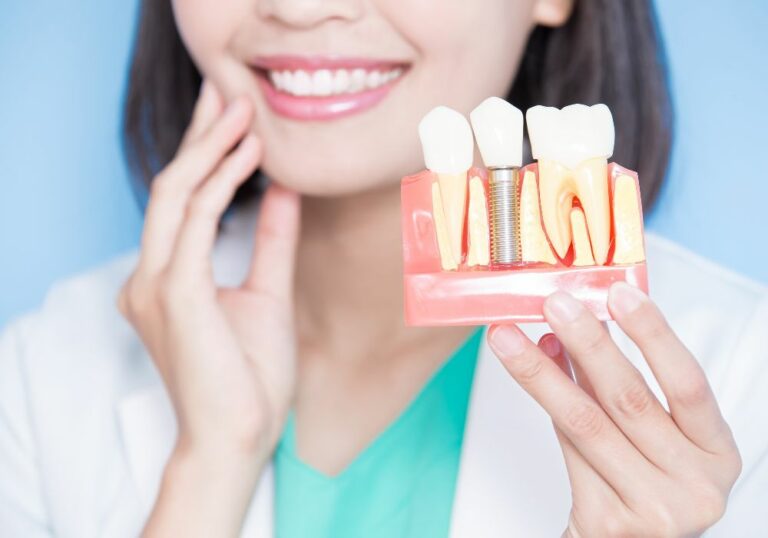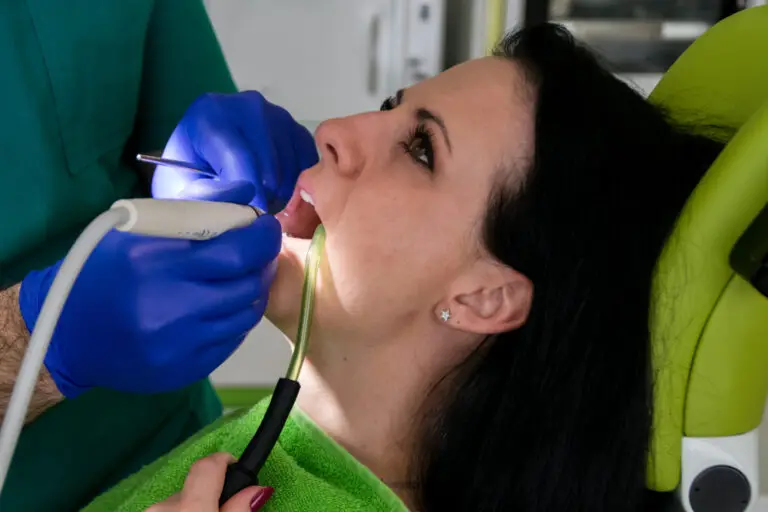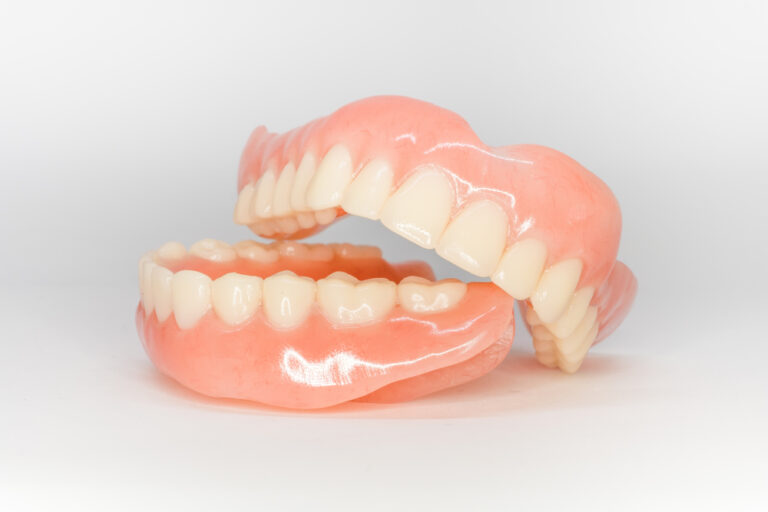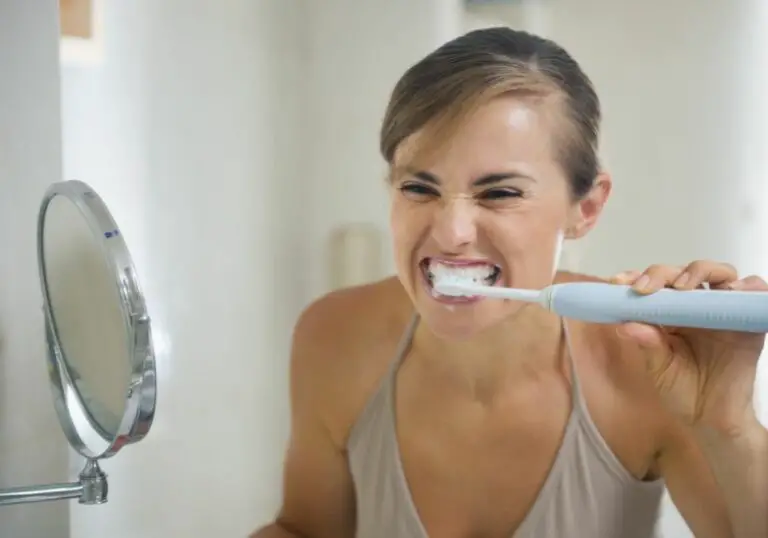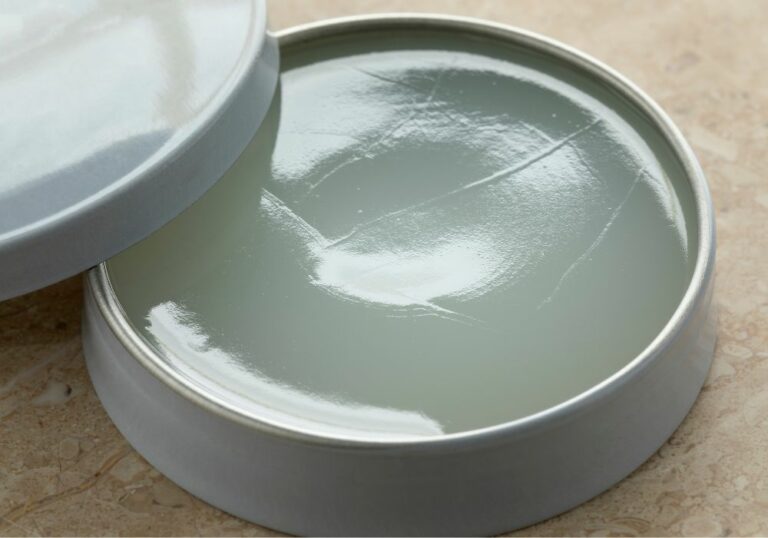Golden retriever puppies typically begin teething between 12-24 weeks of age. This is a natural part of their development as their baby teeth are pushed out to make room for their adult teeth.
Some signs that your golden is teething:
- Increased chewing behaviors – Puppies may chew on furniture, shoes, toys, etc more often. Chewing helps relieve discomfort in their gums. Pups may chew for hours on end when teething pain strikes.
- Loose teeth – You’ll likely find baby teeth on the floor as the permanent teeth erupt. It’s common to find blood on toys or bedding from lost teeth.
- Bleeding or swollen gums – The intense pressure on their gums may cause significant inflammation and sensitivity. Gums may look red and irritated.
- Drooling – All that chewing stimulates saliva production. You may notice more drool spots around the house.
- Loss of appetite – The discomfort makes chewing kibble painful. Lack of appetite is very common during teething.
- Whining and crying – Teething pain can disrupt sleep and cause crying, especially at night. Your pup may act cranky from discomfort.
- Chew toys – Dogs need to chew even more during teething, so be prepared with plenty of safe toys. Rotate toys to keep their interest.
Teething causes major discomfort but is perfectly normal. Owners need to be patient and help their pup anyway they can during this challenging developmental phase.
Provide Relief with Chew Toys
Providing your golden retriever puppy with abundant safe chew toys is the #1 way to help during teething. Chewing provides pressure on gums which relieves discomfort.
Types of Chew Toys
Rubber chew toys – Long-lasting rubber chew toys are a must for strong chewing golden retrievers. Kongs and Nylabones are designed to withstand powerful jaws. The nubs and ridges also gently massage swollen gums.
Rope toys – Multiple woven cotton rope toys give great texture for massaging irritated gums. Beware of any string fraying as ingestion risks are high in puppies.
Frozen chew toys – You can provide extra relief by putting rubber or rope toys in the freezer before giving to your teething pup. The cold numbs and soothes inflamed gums.
Edible chews – Chews like Himalayan yak cheese, bully sticks, or raw bones can be gently gnawed and eaten. These don’t last forever so monitor your pup closely for any choking.
Variety – Have an assortment of textures, shapes and materials to keep their interest. Rotate frequently so they don’t get bored. Adding novel toys sparks chewing and limits destruction.
Chew Toy Safety
When selecting chew toys for a teething puppy, safety is paramount. Any toy should be:
- Specifically designed for aggressive chewers, like golden retrievers
- Durable enough that it cannot be chewed into small pieces
- Free of any parts or areas that could splinter off
- Too large to be swallowed whole
Actively supervise all chew sessions. Remove toys at first sign of damage – do not wait for them to become hazardous. Monitor stool for signs of ingestion. When in doubt, throw it out!
Rotate toys frequently to prevent obsessive chewing of favorites. Look for variety to keep their interest and satisfy needs. High quality toys save money by lasting longer under heavy chewing.
Provide Cold Relief
The pressure of an emerging tooth cutting through the gums is extremely painful. Anything cold can provide much needed relief by numbing and reducing inflammation. You can try:
- Frozen washcloth – Soak a clean washcloth in water and freeze. Offer to your puppy to gently chew or lay on irritated gum areas. Re-freeze the cloth between uses. Replace when fraying.
- Frozen Kongs – Stuff a Kong toy with wet food or peanut butter then freeze overnight. The icy Kong will soothe sore gums for hours as pup licks out the contents.
- Ice cubes – Offer small ice cubes to teething puppies while playing or training. The cold cubes provide gum relief as they chew, plus hydration. Supervise closely to avoid choking.
- Frozen fruits – Slices of frozen banana or apple can be gently mouthed by teething pups. Use soft fruits that won’t damage their gums. The cold helps numb pain.
Always monitor your puppy when giving them anything frozen. Remove the item once it has thawed and any small pieces present a choking risk. Cold therapy reduces inflammation, pain and speeds healing.
Massage Their Gums

Gently massaging your golden’s irritated gums can provide relief from teething discomfort. Use a clean finger, soft cloth or a rubber finger brush to rub their gums.
- Keep initial sessions brief, 30-60 seconds on each side of mouth
- Apply light pressure in small circular motions
- Focus on areas that seem most inflamed or tender
- Over time, gradually increase massage duration as tolerated
- Reward with praise and treats for cooperating
Massage brings blood flow to swollen tissues speeding healing. It also desensitizes their mouth for easier teeth brushing. Be very gentle, especially around loose, wiggly teeth.
Feed Cold and Softer Foods
Hard kibble can be very painful on tender gums. Try softening their regular diet to make eating more comfortable.
- Soak dry kibble in warm water until slightly mushy
- Switch to wet canned food – the chill right from the can soothes
- Add warm broth, yogurt or canned food to kibble
- Hand feed kibble or treats to prevent painful contact with sensitive teeth
- Offer smaller meals more frequently if appetite is reduced
Monitor stool when making any diet changes to ensure digestion remains normal. These tips make eating less painful during peak teething. Gradually transition back to regular diet as their mouth feels better.
Help Keep Teeth Clean
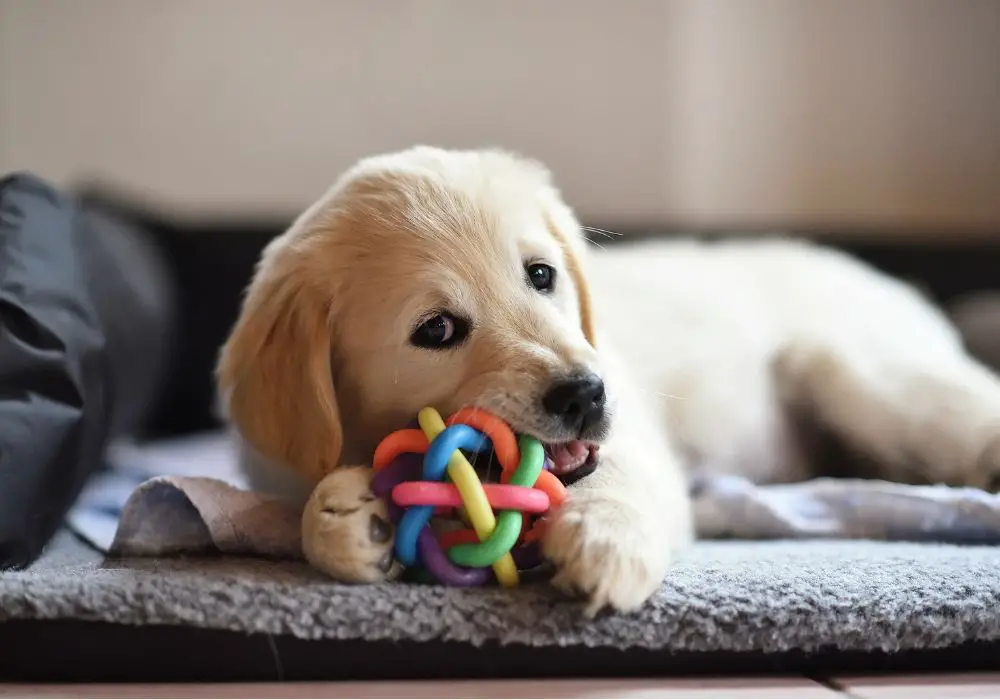
Keeping your puppy’s teeth clean can help minimize irritation of gums during teething. Use a soft finger brush or towel with dog-safe toothpaste.
- Brush very gently for 30-60 seconds per side daily
- Focus just on the surfaces of the teeth and avoid gumline
- Over time, gradually build up to 2-3 minutes total
- Reward cooperation with treats and praise
- Ask your vet to demonstrate proper technique
Even brief brushing reduces bacteria buildup from food debris in the sensitive mouth. Never use human toothpaste which can upset your pup’s tummy. Keep it positive!
Offer Appropriate Chew Bones
Some raw meaty bones provide enjoyment for dogs to gnaw while also scraping away plaque. But some bones may be unsafe for teething puppies.
Good chew bones
- Raw recreational bones like beef kneecaps or ribs
- Raw chicken wings or turkey necks provide softer chewing
Avoid these bones
- Any cooked bones that can splinter
- Large weight bearing bones like femurs that are extremely hard
- Fresh deer antlers that could damage erupting teeth
For teething puppies, we recommend softer raw meaty bones for gentle relief. Always supervise chewing. Remove immediately if you notice bleeding gums or cracked teeth.
Provide Plenty of Rest
Teething takes a lot of energy from growing puppies. Be sure to allow for ample nap time during the day in a quiet, cozy space like a crate or confined area.
Golden retriever puppies need 18-20 hours of sleep daily. An overtired puppy gets wild and hyper which leads to crazy play. Enforce quiet time to avoid overstimulation and minimize discomfort.
Respect their physical needs for rest. Extra affection and cuddles also help pups relax during this stressful developmental phase. Work naps into your schedule.
Consider Frozen Washcloths
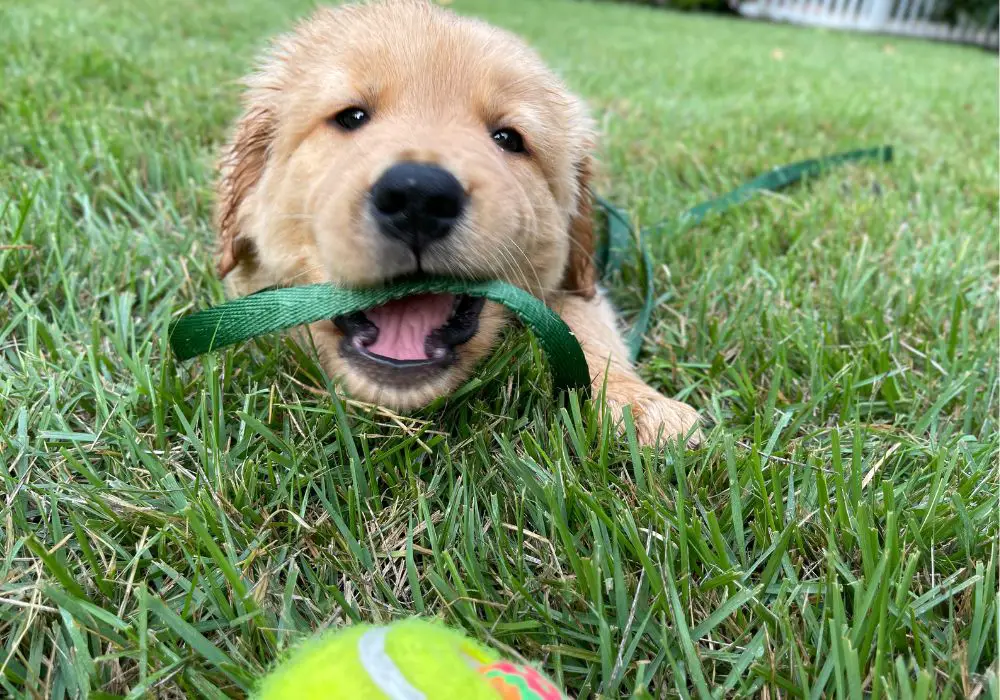
Washcloths make inexpensive, reusable cold packs for sore gums. Simply soak a clean cloth in water and freeze. The small size fits nicely in a pup’s mouth to chew and lick.
The frozen temperature soothes irritated gums. The soft fabric feels nice on their tender mouth too. Refreeze used washcloths between applications. Replace when they start to fray.
Always monitor your pup when giving them any chew items. But washcloths provide portable, convenient cold therapy for a teething pup! Keep a stash ready in the freezer for relief anytime.
FAQs About Golden Retriever Teething
Teething causes challenges for pups and owners. Here are answers to some frequently asked questions:
How long does teething last in golden retrievers?
Teething typically lasts 4-6 months as puppies transition from baby to adult teeth. Most goldens have all permanent teeth around 5-7 months old.
At what age do golden retrievers start teething?
Golden retriever puppies normally begin teething between 12-24 weeks of age. Their incisor teeth usually erupt first.
Is it normal for my golden to bleed some during teething?
Minor gum bleeding can occur as new teeth emerge. More significant bleeding warrants a veterinary exam to check for fractured teeth or other issues.
My golden isn’t eating as much during teething. Should I worry?
Decreased appetite is very common due to mouth pain. Try softening their food and feeding smaller, more frequent meals. If poor appetite persists, consult your vet.
What teething remedies are unsafe for golden retrievers?
Avoid teething gels with benzocaine or lidocaine as they can be toxic if swallowed. Also avoid teething tablets with belladonna.
Teething causes major discomfort but there are many ways we can help our golden retrievers through this phase. Always check with your veterinarian about any concerns with your puppy’s oral health during this developmental stage. With some TLC, this too shall pass!

